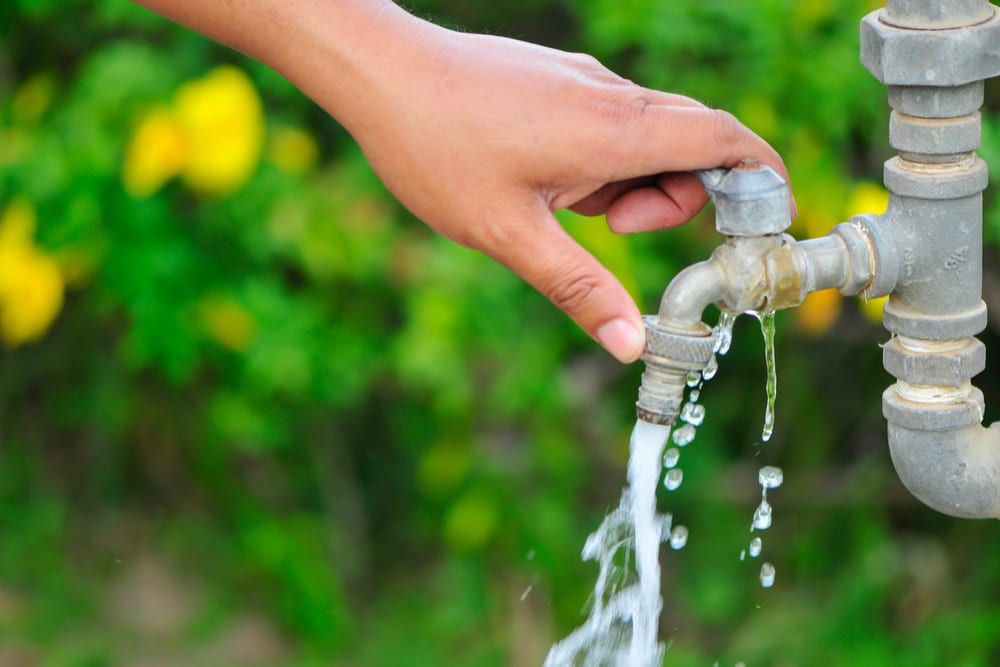
Whether you’re a homeowner or tenant you’ve probably found that your water usage has increased, especially as we swelter through another hot, Australian summer.
Water is an essential part of living, and it is also an extremely precious resource. Using too much at your property could result in hefty water fees. Here are 5 easy ways to make your home more water efficient and keep your water use down.
1. Be mindful of how much water you use
Sometimes the simple act of tracking water usage can help you keep it down. Watch out for any noticeable spikes in your use as this could alert you to a possible water leak at the property.
2. Fix leaks right away
Speaking of leaks, when you find one, make an effort to fix it as soon as you can. A small leak may not seem like much of a big deal, however if unattended, it can lead to litres of wastage, and a much higher water bill!
3. Find water-efficient products
When building, renovating or upgrading, you should always try to find products that are as water efficient as possible. This includes products such as tapware, showerheads, toilets, washing machines and dishwashers. Products with a high water-efficiency rating may cost more to purchase, however the water savings over time should be well worth the initial cost as well as the added environmental benefits of saving water.
4. Change your habits
A few key changes in your day-to-day habits can help you dramatically reduce your water use. Consider doing things like timing your showers to keep them shorter, turning off the tap when you brush your teeth or only running the washing machine or dishwasher when you have a full load.
5. Think carefully about what you use outside
Cleaning and gardening can lead to excessive water usage. Minimise water usage by utilising a broom to sweep footpaths or by using grey water where possible to water the garden. If you have an irrigation system on a timer then make sure that it doesn’t turn-on unnecessarily after it has rained, and use water-efficient nozzles on hoses.




